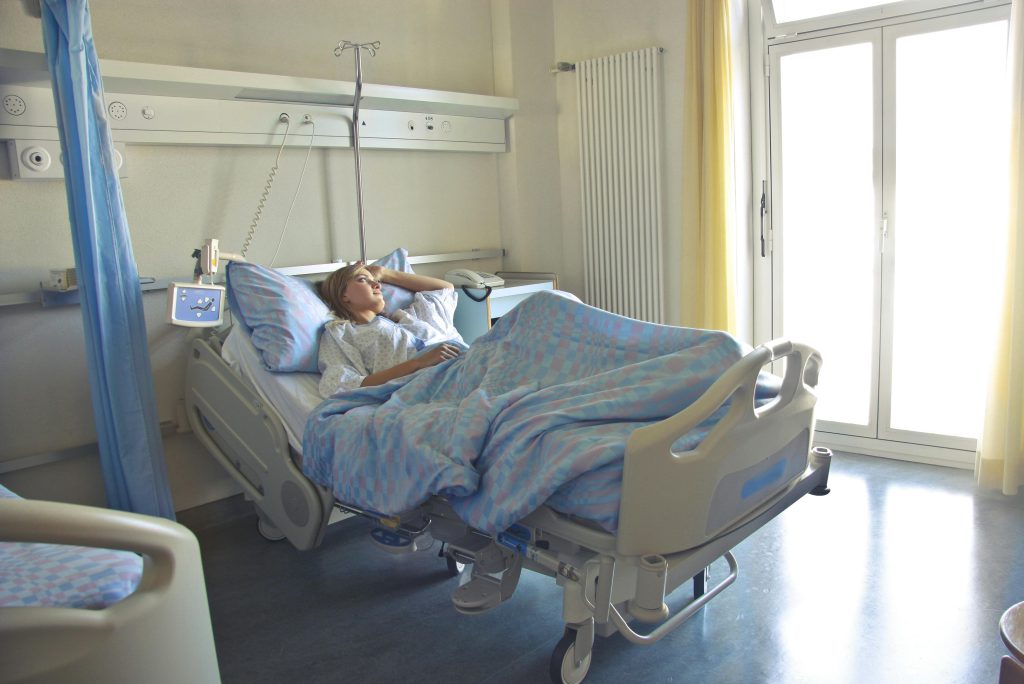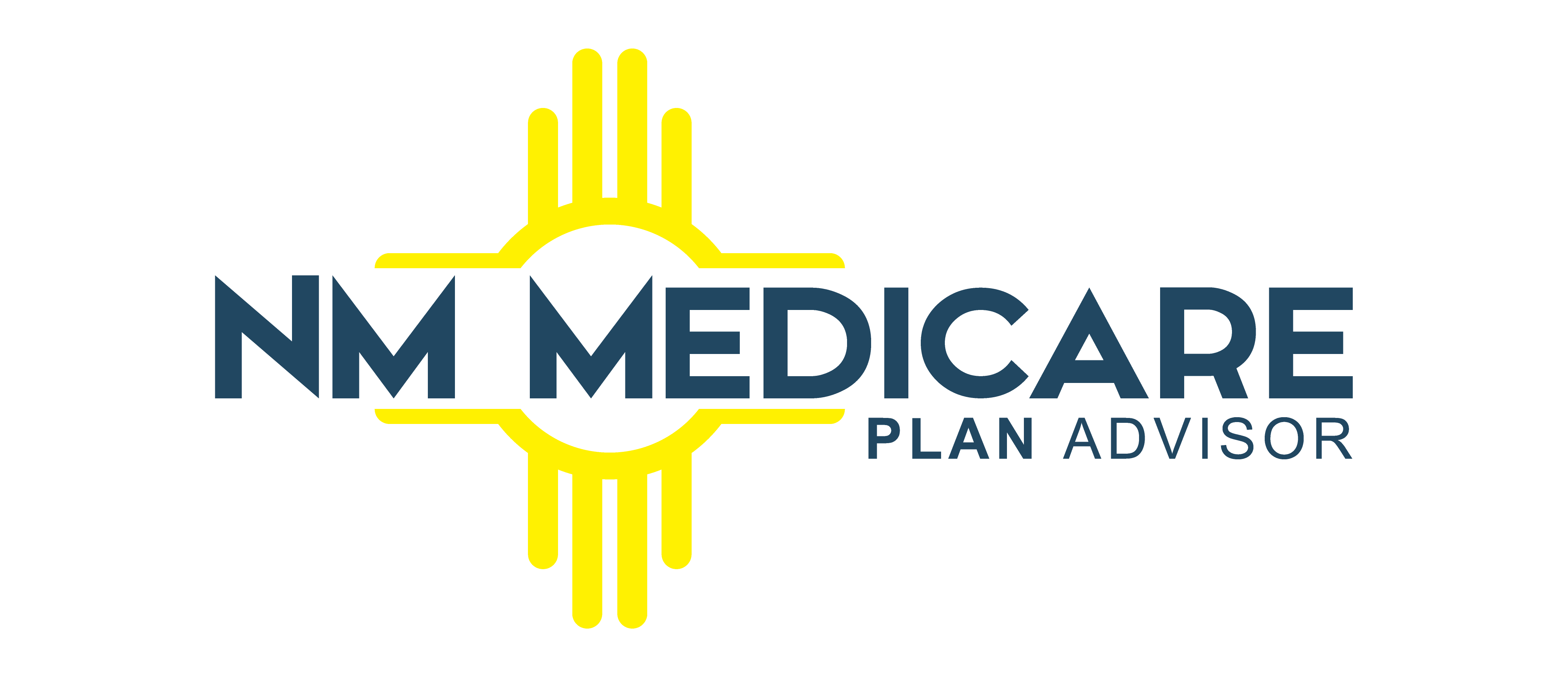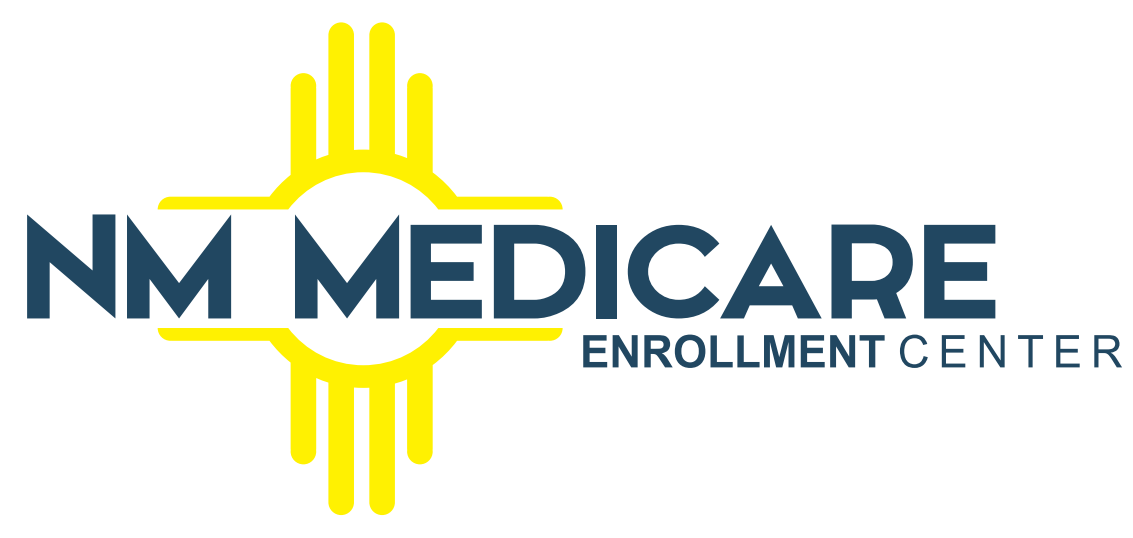Experiencing a stroke can be a life-altering event, and navigating the recovery process often involves understanding how Medicare can support you. Let’s dive into the nitty-gritty of what Medicare covers, how you can access these benefits, and some tips for making the most of your Medicare plan during stroke recovery.
What is a Stroke?
A stroke happens when the blood supply to part of your brain is interrupted or reduced, preventing brain tissue from getting oxygen and nutrients. This can lead to brain cells dying within minutes. Understanding the types of strokes—ischemic, hemorrhagic, and transient ischemic attacks (TIAs)—is crucial as they impact treatment and recovery options.
Types of Strokes
An ischemic stroke is caused by blocked arteries, while a hemorrhagic stroke is caused by a ruptured blood vessel. Transient Ischemic Attack (TIA), often called a mini-stroke, is a temporary period of symptoms similar to those of a stroke.
Recognizing the Signs of a Stroke
Time is of the essence when dealing with a stroke. The quicker you can get medical help, the better. Remember the acronym FAST: Face drooping, Arm weakness, Speech difficulties, and Time to call 911.
Medicare and Stroke: What’s Covered?
Medicare can be a complex system to navigate, but knowing what is covered can ease some stress.
Medicare Part A (Hospital Insurance)
Part A covers inpatient hospital stays, care in a skilled nursing facility, hospice care, and some home health care. After a stroke, you might need intensive inpatient care, which Part A can help cover.
Hospital Stays
Hospital stays cover semi-private rooms, meals, general nursing, drugs, and other hospital services and supplies. Typically, this requires a deductible.
Skilled Nursing Facility (SNF) Care
Post-hospital extended care can be covered if you need daily skilled nursing or rehabilitation services.
Medicare Part B (Medical Insurance)
Part B covers certain doctors’ services, outpatient care, medical supplies, and preventive services.
Doctor Visits and Outpatient Services
Doctor visits and outpatient services cover visits to your doctor or specialist, which are crucial for follow-up care after a stroke. It includes outpatient rehabilitation services like physical, speech, and occupational therapy.
Durable Medical Equipment (DME)
If you need items like a walker or wheelchair, Part B can help cover these costs.
Medicare Part C (Medicare Advantage)
Medicare Advantage plans are an alternative to Original Medicare, offered by private companies approved by Medicare. These plans must cover everything Original Medicare covers but often include extra benefits like prescription drug coverage.
Prescription Drugs
Many Medicare Advantage plans include Part D, which covers prescription medications you might need during your recovery.
Medicare Part D (Prescription Drug Coverage)
If you have Original Medicare, you can add drug coverage through a Part D plan.
Medication Management
Medication management covers the cost of prescription medications, crucial for managing health post-stroke.
Navigating the Costs: Deductibles, Copayments, and Coinsurance
Understanding your financial responsibilities is key. Medicare plans involve various out-of-pocket costs.
Deductibles
The deductible is the amount you pay for healthcare services before Medicare starts to pay.
Copayments
A copayment is a fixed amount you pay for a covered healthcare service after you’ve paid your deductible.
Coinsurance
Coinsurance is your share of the costs of a covered healthcare service, calculated as a percentage of the allowed amount for the service.
Rehabilitation and Therapy Services
Rehabilitation is a critical part of stroke recovery. Medicare covers various therapy services under Parts A and B.
Physical Therapy
Physical therapy helps restore movement and strength.
Occupational Therapy
Occupational therapy assists in relearning daily activities.
Speech-Language Pathology
Speech-language pathology aids in regaining communication skills.
Home Health Services
Medicare Part A and/or Part B cover certain home health services if you meet eligibility criteria.
Eligibility for Home Health Services
To be eligible for home health services, you must be homebound and require skilled nursing care on a part-time basis, physical therapy, speech-language pathology, or continue to need occupational therapy.
Covered Services
Home health services include part-time or intermittent skilled nursing care, physical therapy, and continuing occupational therapy.
Preventing Future Strokes
Preventive care is essential to minimize the risk of future strokes.
Medicare’s Preventive Services
Medicare’s preventive services cover things like cardiovascular disease screenings and obesity screenings and counseling.
Navigating Medicare Paperwork
Handling paperwork can be daunting, but it’s important for ensuring you get the benefits you’re entitled to.
Keeping Records
Maintain a record of all medical treatments, therapies, and prescriptions.
Filing Claims
Most claims are filed by your healthcare provider, but understanding the process can help in case of any issues.
Finding Additional Support
You don’t have to navigate this alone. Various resources can help.
Medicare Advocacy Programs
Programs like State Health Insurance Assistance Programs (SHIP) offer free, one-on-one counseling and assistance.
Support Groups
Joining a support group can provide emotional support and practical advice from others who have been through similar experiences.
Maximizing Your Medicare Benefits
To get the most out of your Medicare plan, it’s important to stay informed and proactive.
Regular Plan Reviews
Annual reviews of your Medicare plan can ensure it continues to meet your needs.
Staying Informed
Keep up with any changes to Medicare that might affect your coverage.

Conclusion
Understanding Medicare coverage for stroke treatment and recovery can significantly impact your journey to regaining health and independence. By familiarizing yourself with what’s covered, managing costs, and utilizing available resources, you can navigate your recovery with more confidence and peace of mind.
FAQs
1. Does Medicare cover all costs associated with stroke treatment?
Medicare covers many costs, but you may still have out-of-pocket expenses such as deductibles, copayments, and coinsurance.
2. Can I get home health services under Medicare after a stroke?
Yes, if you meet certain eligibility criteria, Medicare can cover home health services like skilled nursing care and therapy.
3. What should I do if my Medicare claim is denied?
You can appeal a denied claim. Start by reviewing the denial notice and contacting Medicare or your Medicare Advantage plan for guidance.
4. How often should I review my Medicare plan?
It’s a good idea to review your plan annually during the Open Enrollment Period to ensure it meets your current needs.
5. Are prescription drugs covered under Medicare for stroke recovery?
Prescription drug coverage depends on your plan. If you have Medicare Part D or a Medicare Advantage plan with drug coverage, your medications should be covered.



